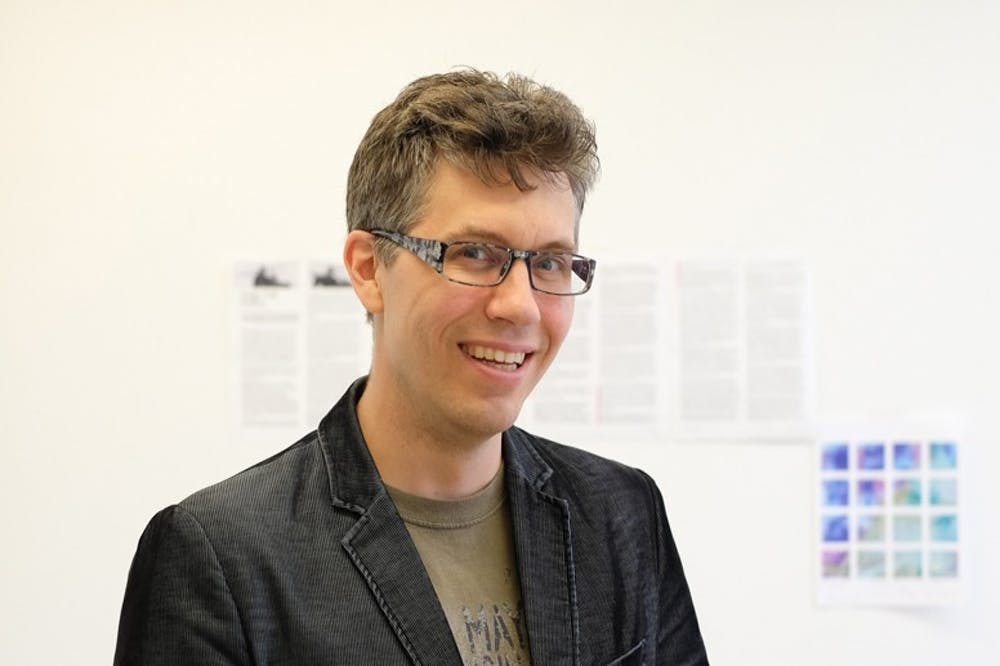
Konrad Körding is a Professor at the Perelman School of Medicine at the University of Pennsylvania, and has joint appointments in the departments of neuroscience and bioengineering. He has a Ph.D. in physics from the Swiss Federal Institute of Technology in Zurich.
How would you describe your research to a layperson?
I try to understand how the brain works. I also try to understand how intelligence works, both in brains and in artificial systems. I believe these two questions to be linked.
Describe your experience with funders (private, NIH, others). What do funders do right? What could they improve? If you could restructure how scientific funders (NIH/NSF/etc.) are organized or how they operate, what would you change?
Public funding in the United States is horrendously inefficient, and yet it probably is the best science funding system on this planet. Scientists evaluate other scientists, which makes the system flexible. Science funding for a given professor is good for a university, so scientists are rooting for one another. Science funding is dynamic, so it is relatively easy for new ideas to percolate to the top. Above all, it is happening in a relatively open forum, making self-dealing and collusion less likely.
There are problems, though. Truly new ideas are hard to fund because scientists are evaluated by a group of scientists with similar interests. Anything truly new is hard to fund in the system, in particular at NIH.
In theory, the most important ideas cannot get funded at all! Most of the real progress in science comes from people having a cool new idea and trying it at a time where it is clearly impossible to fund the idea as it is too early. After all, funding agencies only fund ideas that are already shown to be at least promising. So all the truly interesting research can fundamentally not be funded!
Hence, virtually all the interesting research in the USA happens because the system has a little bit of flexibility:
- The student putting part of their time into a new project with no one watching.
- The professor spending their free hours rethinking their field.
In other words, the whole system is only able to work on interesting ideas in the shadow of funded ideas. Instead, people with a track record of success should be afforded an honest way to try out new ideas.
Surveys show that scientists say they spend upwards of 44% of their time on proposals, reports, IRBs, budgets–that is, administrative and regulatory requirements. Is that consistent with your experience? Is there anything that could be streamlined?
I think that number is much lower for me. I do not think I spend more than 20% on these duties.
But yes, the reporting requirements are really problematic and absolutely pointless. Worse, reporting requirements always increase, never decrease. For every grant, I submit they ask me if I have transgenic animals if I do something biosafety related–simply because someone, somewhere screwed up.
In a way we are all dealing with the screwups of the entire history of science during each and every one of our grant submissions. Besides, the sheer amount of regulation is so voluminous that if I had to actually read the guidelines that they want us to know about, I would never again be able to submit a grant.
If you had no constraints in terms of funding or the need to publish, is there anything that would be different about your research?
I could coach significantly more young scientists to become successful senior scientists, and I could take the time to ask better questions. Science needs new questions, and engineering needs new approaches, but esstablishing either is high-risk. Hence the funding climate prefers that you ask old questions better and stick with marginal improvements to an existing engineering approach.
If you could change the organization or management of universities, what reforms would you recommend?
We should put more money into the hands of young scientists. Let them choose who they want to work with. Equalizing power would increase research output.
What’s a paper in your field in the past 1-5 years that you wish you could have published?
From someone else? I quite like Bartunov’s “Assessing the scalability of biologically-motivated deep learning algorithms and architectures.”
Given the goal of improving the practice and funding of science, is there anything else I should have asked you?
No